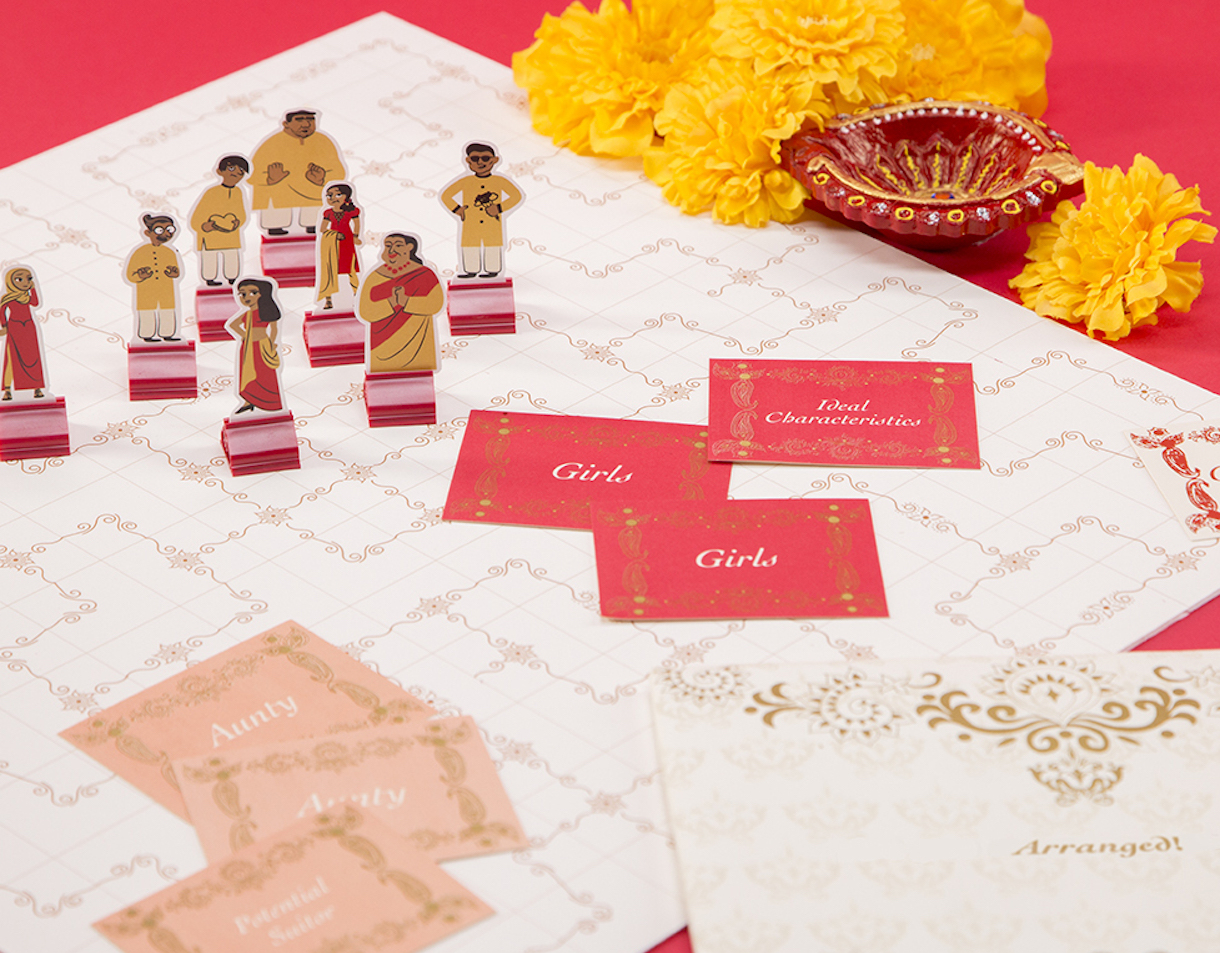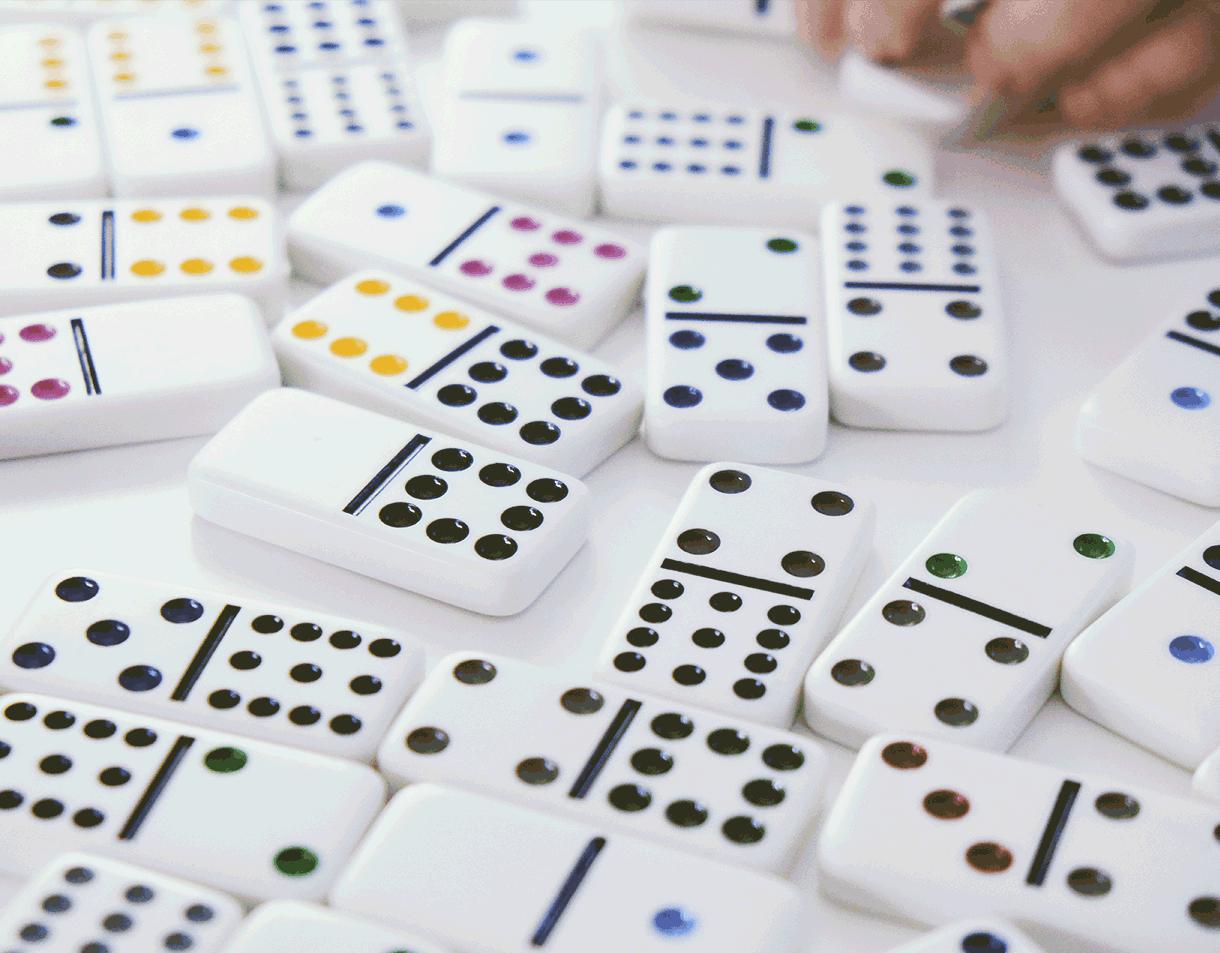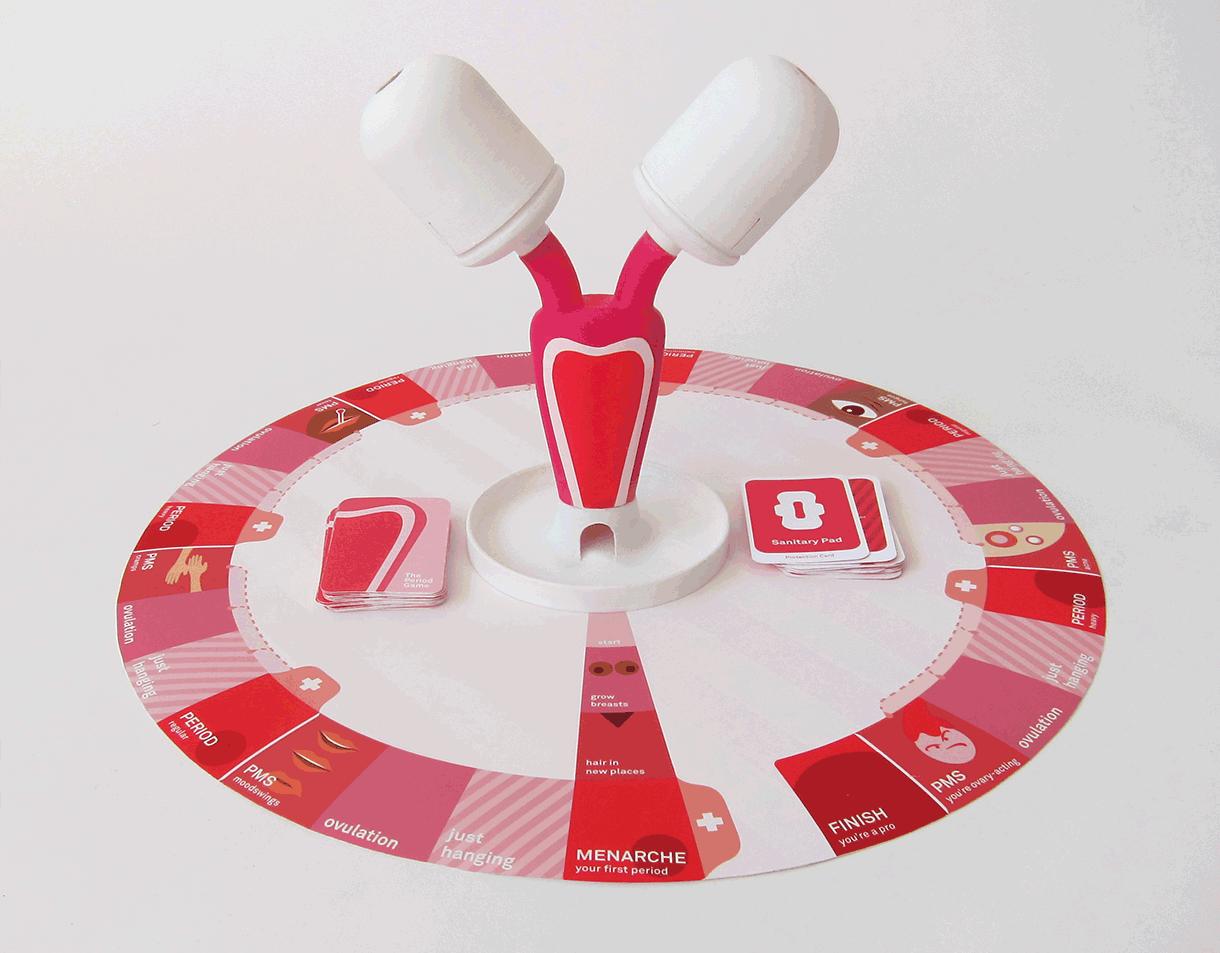Although board games are high on entertainment value, there are probably very few people who learn real-life lessons from them. Has anyone based their knowledge on finances from Monopoly, diplomacy from Risk or detective expertise from Cluedo?
But, what if we could learn something useful by throwing dice, moving board pieces and collecting tokens? Many designers have seen the potential of teaching valuable lessons and breaking through imaginative board games.
One example is Pakistanian-born Nashra Balagamwala’s Arranged!. Inspired by her efforts to avoid an arranged marriage, the game mimics the experience many South-Asian women face. The game's premise involves a matchmaker trying to marry teenage girls off to any boy she can find, while the girls try to run away. They can do this by talking about careers, gaining weight or hanging out with boys at the mall. Combining satirical scenarios with very real struggles makes the game both educational and entertaining.
This next game also addresses a topic many people, from all over the globe, try to avoid. The Period Game aims to teach young girls and boys on menstruation while turning the uncomfortable subject into an open conversation. By showing what happens with the body and making people say words such as “tampons”, the game aims to make it easier for them to talk about periods in real life and just “go with the flow”.
In Chile, there’s been an increase in bullying in public and private schools with most victims remaining silent on the painful experience. The game GUAU is a simple story-based game that attempts to reveal signs of bullying as it's happening. According to the research, children take an average of 13 months to speak about their troubles. But within this time, bullying can already have an impact on their mental health. GUAU aims to prevent this by being a part of school systems.
Another great example is Annexe - a two-player strategy game about colonisation. One player tries to retain the ownership and identity of one’s culture, while the other tries to capture it. Creator Veethika Mishra was inspired by the Spanish colonisation of Aztec culture to create the game. While playing, the game highlights the nuances and discreet processes of cultural displacement.







